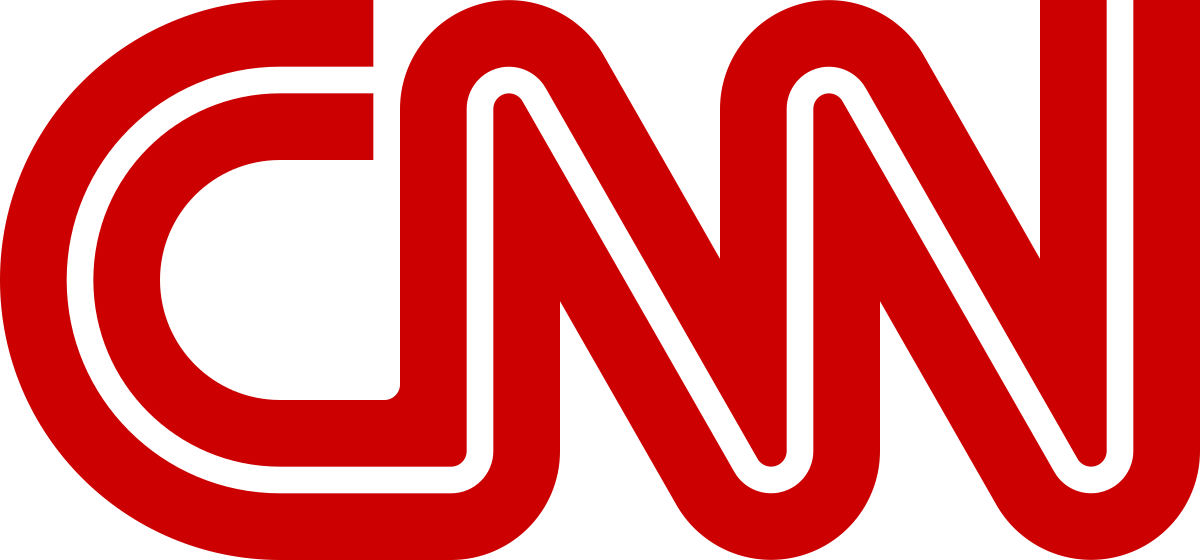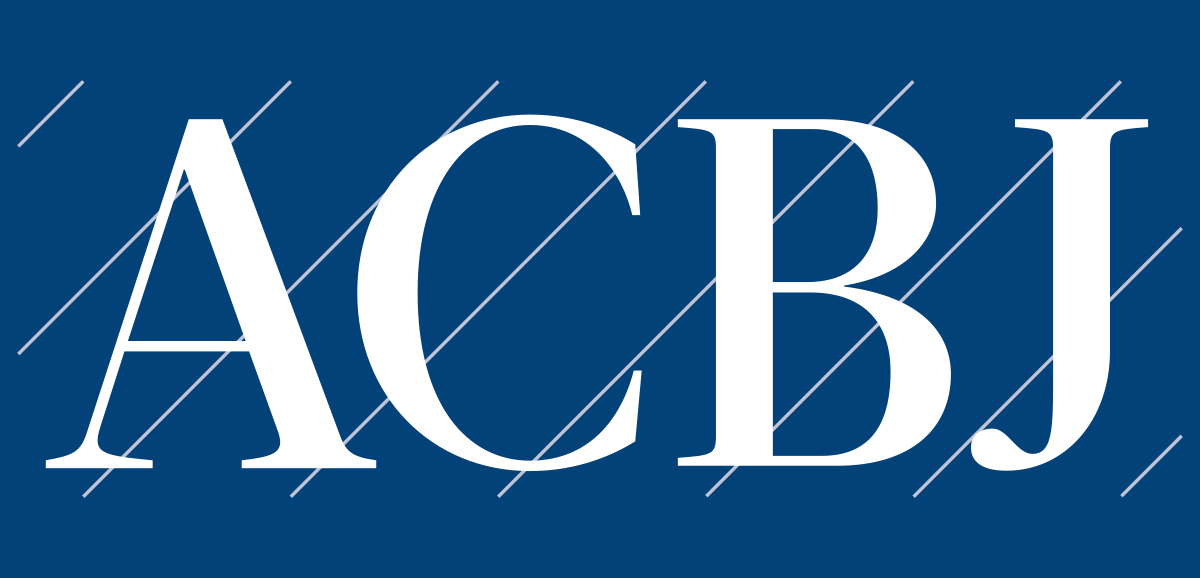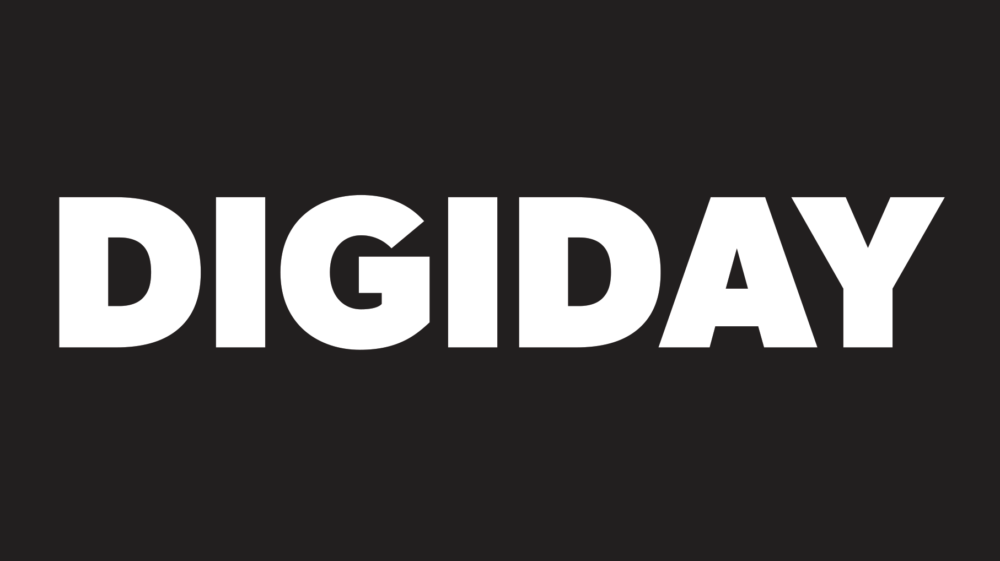In the wake of the #MeToo movement, many ugly truths have been exposed surrounding sexual harassment, assault, and misconduct. With so many more people coming forward with the kinds of mistreatment they have experienced, many companies are working to reframe and think harder about their protocols and politics surrounding sexual harassment. As #MeToo evolves, the workplace must adapt as well.
A 2017 study found that people who spoke up about workplace harassment experienced retaliation.
According to the US Equal Employment Opportunity Commission, out of the 90,000 complaints they received in 2015, almost one third included an allegation of workplace harassment. Two years ago, in 2016, the organization released a comprehensive study that found “anywhere from 25% to 85% of women report having experienced sexual harassment in the workplace.”
Major Change Requires Major Strategy
One way companies are trying to make their workplaces more inclusive is by working with gender strategists.
The job of gender strategists is to help companies create spaces with more diversity and where people feel comfortable speaking up for themselves. This occurs through workshops, lectures, seminars, and other instances where employees and leaders can learn approaches that make everyone feel welcomed and safe, from first interviews all the way to the way people speak to each other.
Max Masure, a gender inclusion strategist and co-founder of Argo Collective, has been working with companies to help them create more inclusive work environments, with an emphasis on gender-based inclusion issues and discrimination.
“We usually start with a pilot workshop about gender inclusion where we go through the basics of gender identity, sexual orientation, and pronouns followed by a group activity where we review some best practices to have an inclusive company culture,” says Masure.
They continued, “Those discussions allow everyone to be on the same page in terms of knowledge and good behavior. We then offer progressive advanced workshops where we help with more specific needs, like recruiting in an inclusive way, how to design in an inclusive way or develop policies and make sure they are followed in an empathetic way every day.”
Masure and their company advises businesses to have a diverse staff and establish inclusion as a central aspect of their environment early on. They also tell companies to increase representation throughout the company and promote underrepresented people in leadership.
Simple changes can make a big difference, such as making concerted efforts to make work a safe space for female co-workers and focusing more on their work and less on their appearances. Also, using the correct gender pronouns people identify as, and having them added to their social media accounts, email signatures, and other online professional profiles can also help promote inclusion.
Legal Considerations
There is a legal component that needs to be considered when creating new HR protocols. Mark L. Kluger is a lawyer who has worked with companies to develop their harassment policies and promote safe and fair work environments. Additionally, Kluger has also worked with people in HR departments with properly conducting sexual harassment investigations.
“There are certain legal requirements that must be included in (sexual harassment) policies, such as the definitions of a hostile work environment and quid pro quo sexual harassment,” says Kluger “The policy must also incorporate a complaint procedure which identifies to whom complaints must be brought.”
Kluger added, “If there is no HR Department, I always recommend that at least one female senior manager be included on the list of those available to receive complaints.”
Training and communication to prevent sexual harassment is another important consideration. One HR consulting firm, Simply HR, recently came up with an ingenious way to discuss workplace sexual harassment that is literally flipping the script in the era of #MeTo. They created “Define the Line,” a comic book that works as a training tool for companies.
A New Landscape
Julie Dacar, founder of TalEx, a Washington, DC-based staffing firm has witnessed first hand the positive effects of the #MeToo movement has had.
“There is a level of understanding and empathy that didn’t exist pre-#MeToo. There is a genuine effort on the part of company leadership to implement clear policies on how to most effectively address assault and harassment accusations. C-suite executives and HR departments know that the days of excusing predatory behavior or ignoring accusations are over and there is a new seriousness,” says Dacar.
She continued, “Now, policies are becoming clearly defined and plans of action are being implemented in no uncertain terms. We are hearing a lot less, ‘boys will be boys,’ or ‘we’ve always had a casual workplace.’”
#MeToo has resulted in a more candid conversation surrounding sexual harassment and has made companies review and rethink their approaches. There is a shift towards making work environments that are healthier overall and do not tolerate behavior where employees are mistreated. This is vital in helping all employees feel empowered and safe in their places of work, and is making companies deal with harsh realities that would have previously landed them in trouble.









